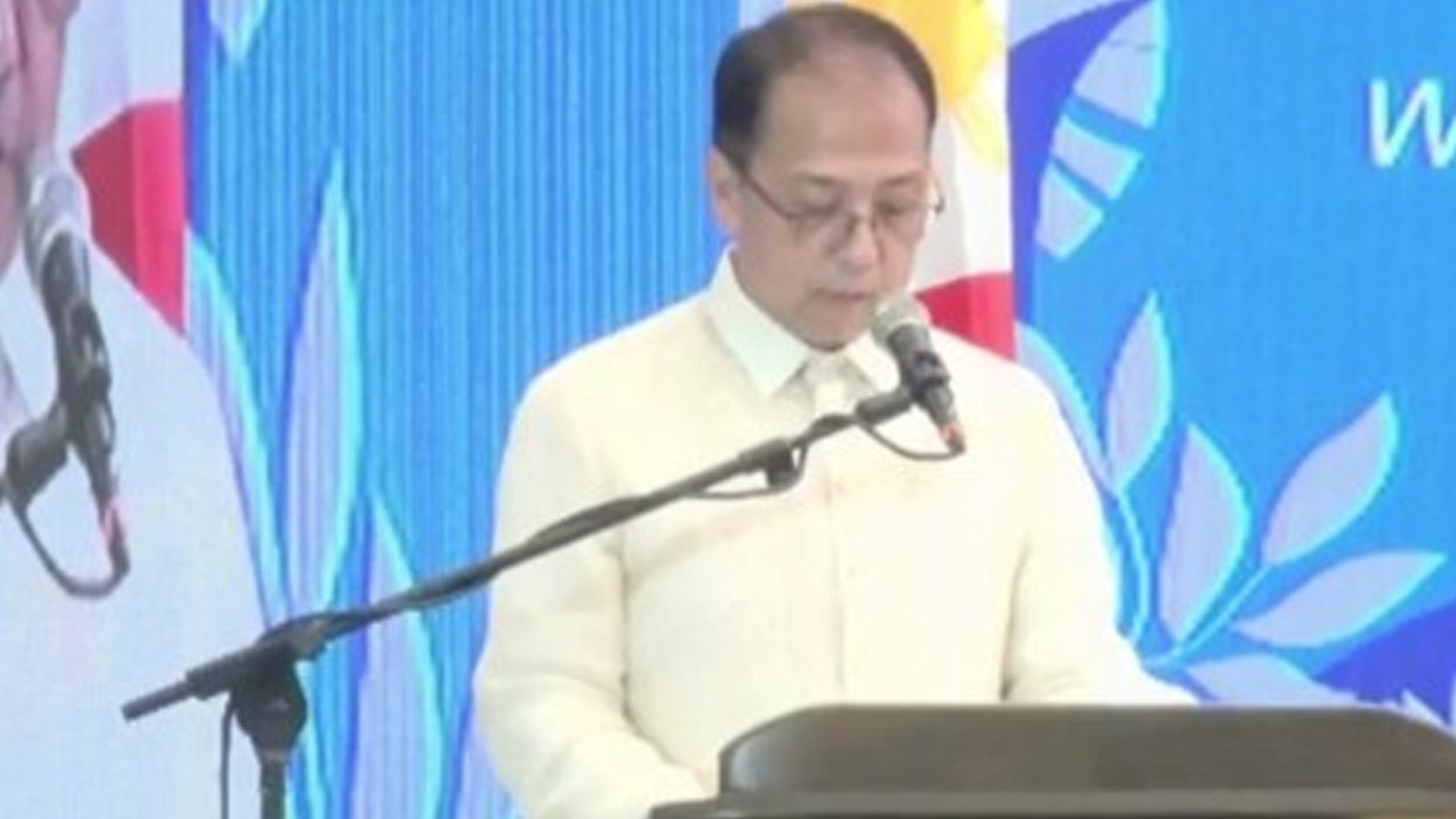The major accomplishments of the Intergovernmental Relations Body (IGRB) highlights the strong partnership between the national government and the Bangsamoro leadership and reflects the Marcos administration’s ‘Bagong Pilipinas’ vision, according to Office of the Presidential Adviser on Peace, Reconciliation and Unity (OPAPRU) Secretary Carlito Galvez Jr. on Thursday.
He said that continued cooperation demonstrates “a strong reflection of an inclusive Bagong Pilipinas wherein no one will be left behind and that peace and development are now at hand for our Bangsamoro brothers and sisters.”
Galvez also reiterated that the administration of President Ferdinand R. Marcos Jr.’s peace policy agenda outlines “a strategic plan of the national government in fulfilling all signed peace agreements that foster unity, healing and reconciliation in the country and are aligned with the goals of a Bagong Pilipinas.”
Marcos earlier hailed the IGRB for its key role in creating greater synergy and strengthening the relations between the national and Bangsamoro governments.
“It is a testament to our fruitful partnership and enduring commitment to peace and development” between the National and Bangsamoro governments,” the President said after receiving the IGRB’s Third Progress Report Wednesday in Malacanang.
Marcos also emphasized that the operationalization of all IGRB mechanisms, as provided under the Bangsamoro Organic Law (BOL), will further strengthen the partnership between the two parties.
“We now possess the necessary platforms to ensure greater collaboration, coordination, and cooperation between the National and the Bangsamoro governments in pursuing our shared goals and endeavors for our people,” he noted.
The President highlighted the key milestones of the IGRB, noting that these “are part of our collective efforts to lay the groundwork for effective governance and meaningful autonomy in BARMM (Bangsamoro Autonomous Region in Muslim Mindanao).”
The IGRB’s major accomplishments include the qualification and commissioning of former Moro Islamic Liberation Front (MILF) and Moro National Liberation Front (MNLF) members into the Philippine National Police; the inclusion of the proclamations granting amnesty to former members of the MILF and the MNLF; the successful turnover of various properties and assets of the national government within the BARMM to the Bangsamoro government; and the signing of the Intergovernmental Energy Board Circular on the Joint Award on Petroleum Service Contracts and Coal Operating Contracts in the Bangsamoro region.
The IGRB, which is composed of representatives from line agencies and ministries from the national government and BARMM, respectively, was established by virtue of the BOL that was passed in 2019.
Its primary mandate is to facilitate closer coordination and resolve key issues through the conduct of regular consultations and negotiations in a non-adversarial manner. (PNA)








